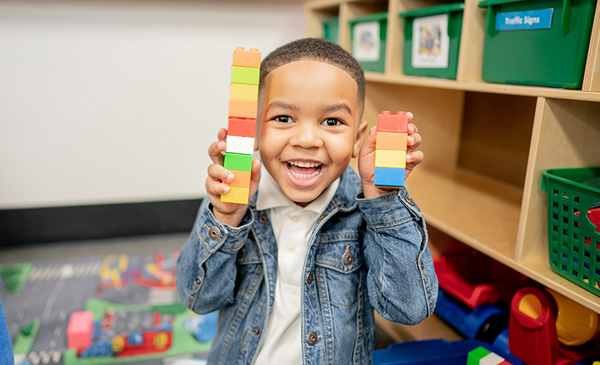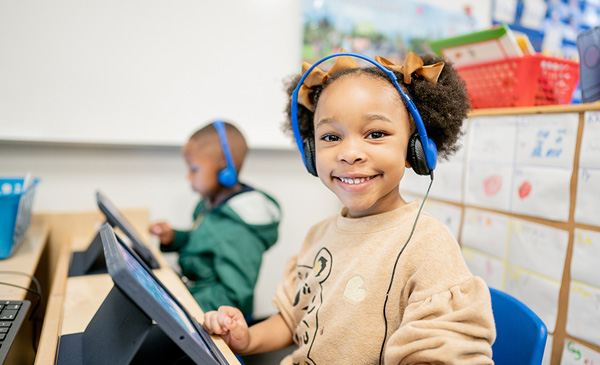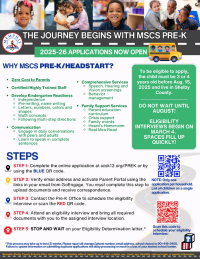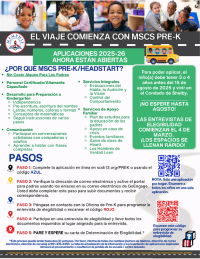What are comprehensive services?
Head Start comprehensive services include:
- Education
- Screenings and follow-up for health, development, and behavior
- Health and safety
- Social and emotional health
- Nutrition
- Family goal-setting
- Social services
- Transition services
- Services for children with disabilities
Comprehensive services are delivered in a learning environment that is individualized to support children's growth in the five essential domains. A minimum of 10 percent of a program's total enrollment must be children with disabilities. Additionally, Head Start services are designed to be responsive to each child and family's ethnic, cultural, and linguistic heritage.
How many children and families receive services?
Over a million children are served by Head Start programs every year, including children in every U.S. state and territory and in American Indian and Alaska Native (AIAN) communities. In fiscal year (FY) 2013:
- Head Start programs served 932,164 children and their families.
- Early Head Start programs served 150,100 children and 6,391 pregnant women and their families.
- Migrant and Seasonal Head Start (MSHS), which serves children from birth to age 5, served an additional 31,907 children.
- AIAN programs served 21,055 Head Start children, 4,240 Early Head Start children, and 482 pregnant women and their families.
What Head Start research is conducted by HHS?
HHS commissions research to better understand the different variations in programs and to guide program improvement in both Head Start and Early Head Start. For example, Head Start Family and Child Experiences Survey (FACES) and Baby FACES provide a picture of children's development and academic readiness over their time in Head Start and Early Head Start. HHS also commissions shorter term studies such as the Head Start CARES project, which compared different curricula directed at social and emotional development. Learn more about recent research and projects on Head Start and Early Head Start.




